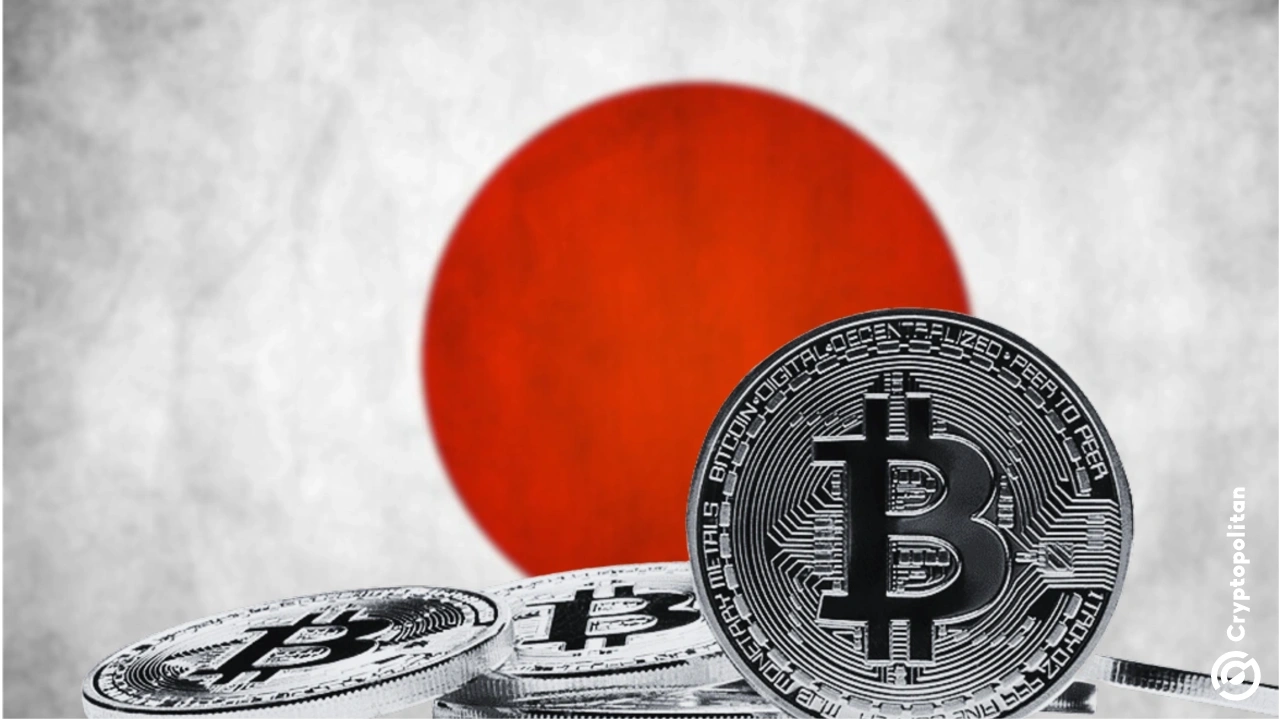Panama has published a new crypto draft bill that aims to regulate digital assets while fostering blockchain technology development in the country. The new bill was released in line with efforts to establish the country as a leader in the blockchain industry.
Before now, the legal status of digital assets in Panama had been something that was up for debate. While the country allowed anyone interested in investing in digital assets to do it, the void in the legal system, as mentioned by the Superintendence of Banking in Panama, opened users to certain risks. This new bill seeks to remove that risk while granting digital assets legal status in the country.
While it remains to be seen what happens with the bill, approval will install digital assets like Bitcoin and Ethereum as legal payment forms.
According to the draft bill, Panama wants to recognize the assets as legal means of payments as long as both parties involved in a commercial or civil contract agree to the usage of the assets. The bill also discusses a regulatory framework, requiring virtual asset providers to register within the national database of the country.
Panama releases draft bill for crypto and blockchain
According to the bill, residents of the country had been using these digital assets for different transactions, pushing the National Assembly to formulate a legal framework to support such transactions. The main objective of the framework will be to ensure that all residents, whether permanent or visiting can use the digital assets securely without any risks. The bill mentioned that the move is expected to bring Panama closer to countries like the USA, and Chile in terms of crypto adoption.
The bill also highlighted that crypto companies such as Binance, PayPal, and Coinbase are not offering direct services to residents in Panama because there are currently no legal regulations to support them. This means Panamanians have had to rely on third-party apps to carry out crypto transactions. The bill mentioned that once the regulatory framework is approved, crypto companies will be able to come into the country to establish branches, opening up employment and revenue for the country.
In the draft bill, Panama set out specific guidelines that will apply to crypto firms which it classed under virtual assets providers, including mandating them to comply with the know-your-customer (KYC) and anti-money laundering (AML) policies. Failure to comply, according to the bill, could lead to several administrative or criminal penalties. This means that the platforms need to have measures against terrorism financing, money laundering, and financing of the procurement of weapons of mass destruction among others.
Blockchain technology to take center stage in its digital agenda
According to the bill, blockchain technology will take center stage in the country’s quest to regulate the crypto industry. For instance, the country can use the technology to carry out several transparent, agile, and competent processes. The smart contracts technology of blockchain has also been deployed by several governments globally, with some using blockchain to pay taxes. In addition, banks will also be compatible with the crypto industry, but the bill notes that using digital assets will be optional for financial institutions.
The sudden interest in digital assets and blockchain technology mirrors the exploit of El Salvador in the crypto sector. While El Salvador made digital assets a legal tender, Panama is only looking to back its usage by law, making its usage in transactions and other contracts optional. The country will also be looking to transform its central blockchain hub. President of Panama, Jose Raul Mulino discussed this goal, highlighting the upcoming Panama Blockchain Week as the right moment.
The new bill will also aim to balance regulation, with the Gabriel Silva–led bill looking to address past obstacles highlighted in the 2022 proposal that faced legal challenges after being declared unconstitutional in 2023.
Community reactions have also been optimistic, with stakeholders in the sector praising the development. According to Marta Ambor from Panama Blockchain Week, the country could become a regional blockchain hub, achieving this vision through global collaboration and engagement.
Cryptopolitan Academy: Coming Soon - A New Way to Earn Passive Income with DeFi in 2025. Learn More
















No comments yet